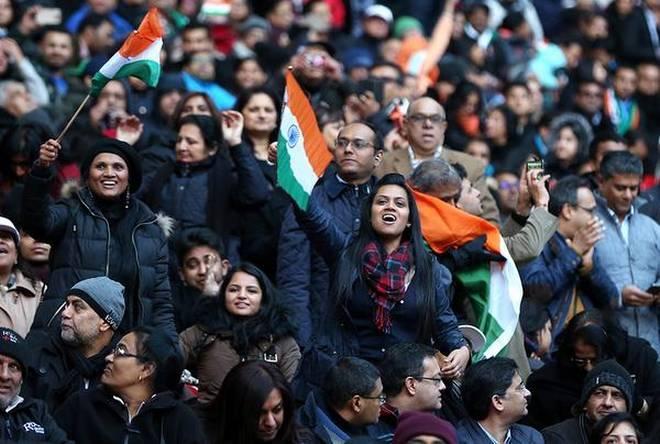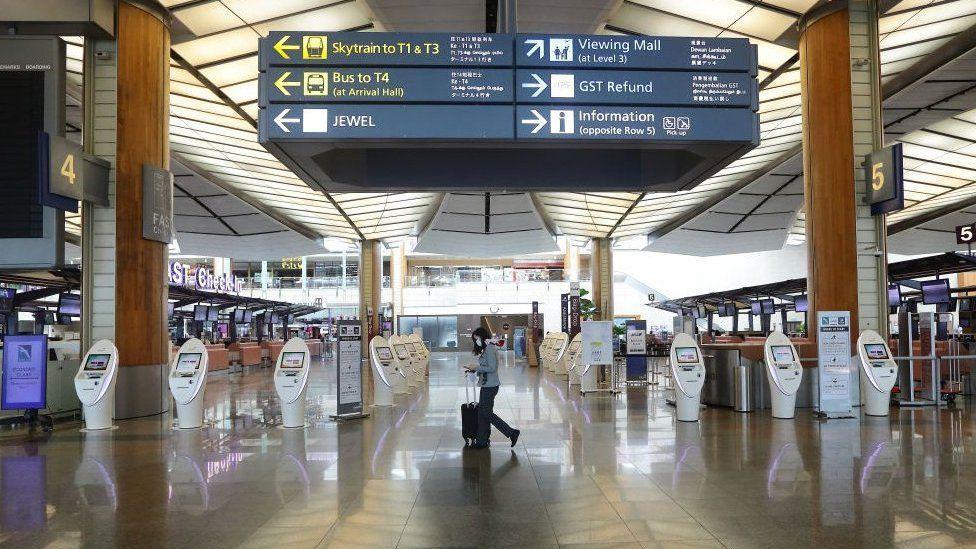While the report faced flak from some quarters, it has been welcomed by many working to promote racial equality
The British government published a report earlier this week highlighting the huge differences in the experiences of ethnic minority groups across Britain in terms of access to public services ranging from education to health as well as in the outcomes and treatment they experienced.
While the report unveiled many glaring and troubling differences such as that black people were three times as likely to be arrested as their white counterparts, it also builds up a snapshot of the British Indian community, which appeared to show them often to be better off than their counterparts from other ethnic minority groups.
——Advertisement starts here ——
 NRIForShaadi.com World’s #1 App for NRI Matrimony. Thousands of members near your GPS Location. Download from NRIApps.com
NRIForShaadi.com World’s #1 App for NRI Matrimony. Thousands of members near your GPS Location. Download from NRIApps.com ———Advertisement ends here ———
Indians were half as likely to be stopped and searched by the police than their Pakistani counterparts, according to the latest figures from 2014, while levels of confidence in the police were among the highest across the board, including among those who identified as white British.
On employment, British Indians had among the highest rates of hourly pay, above the national average and the white British community, while levels of employment was only marginally lower than that of white British (73% against 75%). British Indians also did well in areas of education, with one of the higher rates of students achieving at least 3 A grades at A level in the final school exams, and, aside from the British-Chinese, were among the most likely to go on to pursue further education after finishing school.
On housing
Indians, alongside white British, were also among the most likely to own their own home, and among the least likely to live in social housing. Just 8% of the Indian community lived in overcrowded households compared to 30% for Britain’s Bangladeshi households, and 2% for white British.
The differences across the board highlight the complexity of the challenge facing the U.K. government in tackling racial and ethnic inequalities.
Permanent data
Prime Minister Theresa May commissioned the audit last year, and has worked with groups across the country, publishing the audit and a new website with statistics on over 130 topics, which will act as a permanent source of data and gauge of levels of inequality.
“It’s a world first. No country has ever produced a piece of work looking at the lived experience of people of different ethnicities, which is as extensive and as ambitious as this,” said Ms. May following a stakeholders meeting at Downing Street.
The meeting highlighted some of the immediate ways in which the government would begin to tackle the issues raised by the audit, including with regard to prisons and schooling. “I think the message is very simple; if the disparities can’t be explained, they must be changed,” Ms. May said.
While the audit has faced criticism from some who argue that it does not address some of the complexities, such as the cultural reasons as to why there might be lower levels of employment among women from certain communities, the report has been welcomed by many working to promote racial equality.
Read More @ thehindu
Contact PhoenixGMN or PhoenixInfomedia.in for all your App & Web design development needs. Other services include – SEO, Online Promotion, Digital Marketing, App Explainer Videos, eShops & much more. Checkout Our Handpicked Apps Portfolio & Videos here – https://goo.gl/DzcCWd



